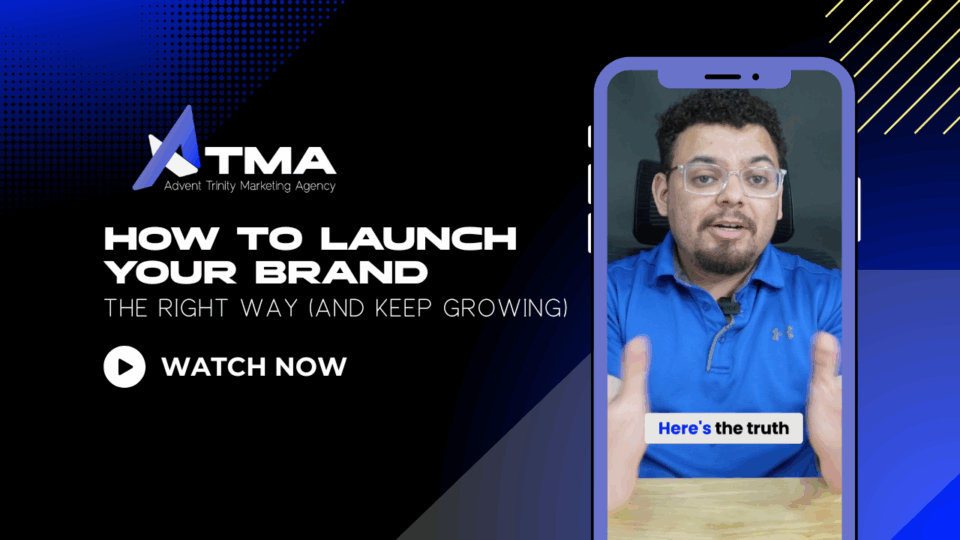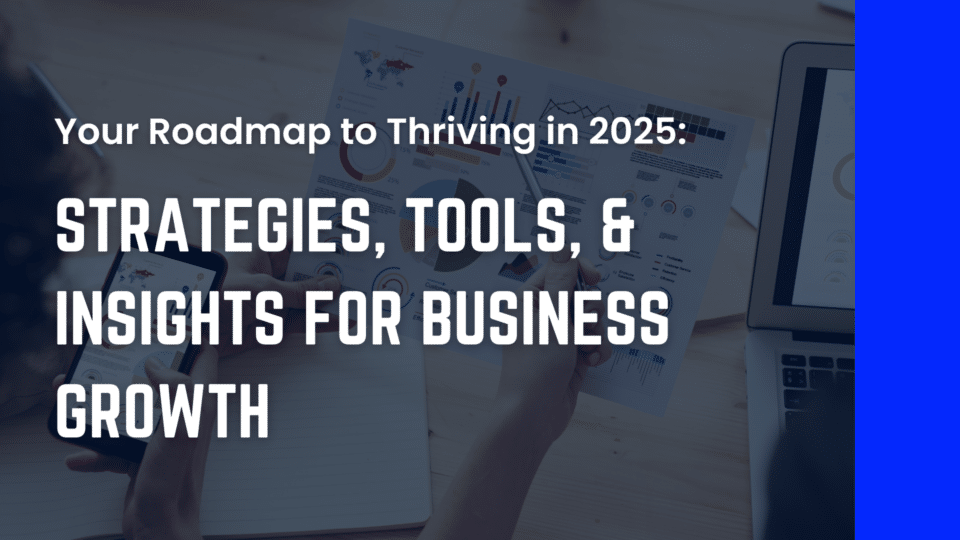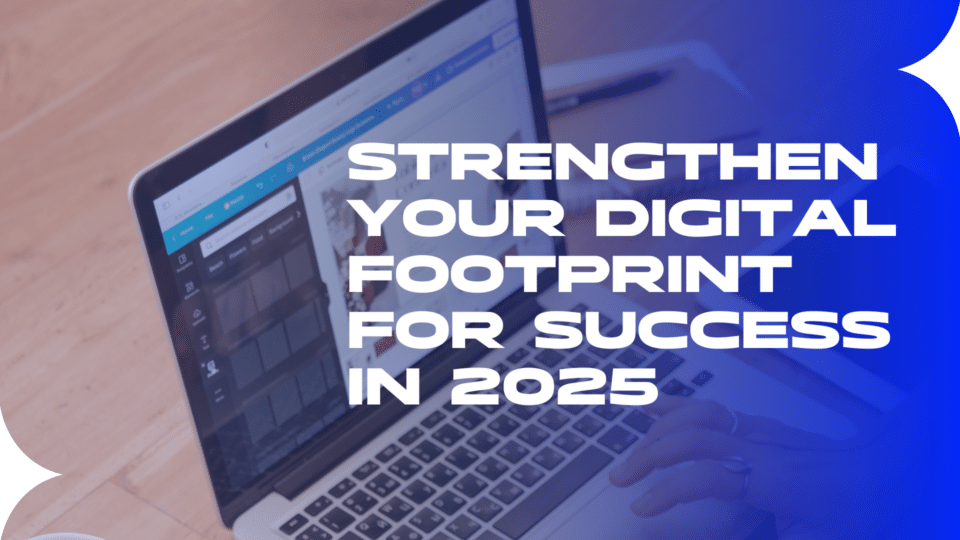
What Makes A Great Landing Page?
September 29, 2023
The Challenge of Twitter’s Rebrand to X: What You Need to Know About Rebranding
October 8, 2023Know How To Master SEO In 2023
Master SEO in 2023 with our comprehensive guide. Learn Google ranking factors, effective strategies, KPIs, and what pitfalls to avoid for optimum results.
SEO plays a pivotal role in 2023, especially considering that 68% of online experiences start with a search engine. This guide is your comprehensive roadmap for understanding Google’s ranking intricacies, crafting an effective search engine optimization strategy, and much more. Let’s optimize your online presence.
Table of Contents
- What is SEO?
- How Google Ranks Content
- Building an SEO Strategy
- Measuring SEO Effectiveness
- Local SEO
- Black Hat SEO: What to Avoid
1. What is SEO?
Search Engine Optimization (SEO) amplifies the visibility of your website in search results. Given that only 0.63% of Google searchers go beyond the first page, you want to rank high on the first page of search results.
Why Ignoring Search Engine Optimization Is Not an Option
SEO’s critical role becomes crystal clear when you consider that 53.3% of all website visits originate from organic search. It’s not just a matter of tossing a few keywords into your content and hoping for the best.
Effective website optimization is a multifaceted discipline that also calls for high-quality, relevant content, a robust network of backlinks, and an intuitive, fast-loading user interface. These elements work in synergy to not only improve your website’s visibility but also enhance user engagement and conversion rates. Given that a mere 0.63% of Google searchers click on results from the second page, it’s clear: Your search ranking improvement game needs to be on point to capture and sustain your audience’s attention.
Basic Components of SEO
SEO includes four key components: keywords, quality content, backlinks, and user experience.
THE DEFINITION OF SEO AND ITS IMPORTANCE
2. How Google Ranks Content
Google uses an intricate algorithm to rank content. This algorithm prioritizes relevance and authority, ensuring users find the information they seek.
Key Ranking Factors
Factors like page speed, mobile-friendliness, and domain authority play a crucial role. Did you know the average page in the top 10 Google results is over two years old? Age matters, too.
- Page Speed: This refers to how quickly the content on your web page loads. A faster page speed enhances user experience and can increase search engine rankings.
- Mobile-Friendliness: This measures how well your website functions on mobile devices. Given the surge in mobile browsing, Google considers this a crucial ranking factor.
- Domain Authority: This metric developed by Moz predicts how well a website will rank on search engine result pages (SERPs). A higher domain authority signals to Google that your website is trustworthy and likely to provide valuable content.
GOOGLE RANKING FACTORS: WHAT YOU NEED TO KNOW
3. Building an SEO Strategy
Keyword Research: The Foundation
Keyword research isn’t just the first step; it’s the cornerstone of your search engine optimization strategy. Use platforms like Google Keyword Planner to identify keywords related to your niche. Don’t just opt for the most popular keywords; consider long-tail keywords as well. These are phrases that are longer and more specific, and they often yield better conversion rates.
On-Page SEO: Where Content Meets Code
On-page SEO refers to all the elements you can control on your website, including meta descriptions, title tags, and header tags. But let’s not forget the importance of content quality and relevance. The better your content, the more likely users will stay on your page, signaling to Google that your page is valuable.
Off-Page SEO: Link Building
Backlinks, or links from other websites to yours, are vital in building your site’s authority. However, not all backlinks are created equal. Aim for quality over quantity. Strategies like guest posting on reputable blogs and sharing content on social media platforms can build a strong backlink profile.
Technical SEO: The Nuts and Bolts
Technical SEO is all about optimizing the backend structure of your website. Firstly, your website must use HTTPS, as Google considers it a ranking factor. Additionally, an XML sitemap helps search engines index your site more effectively. Lastly, given the significant percentage of mobile web traffic, your site should be optimized for mobile devices.
HOW TO CREATE AN SEO STRATEGY
4. Measuring the ROI of Your Optimization Efforts
Key Performance Indicators (KPIs): Your Optimization Report Card
Determining the effectiveness of your SEO strategy hinges on tracking the right KPIs. Key metrics include organic traffic, conversion rate, and bounce rate. These numbers will tell you if you’re on the right track or need to adjust your strategy.
Tools for SEO Measurement: More Than Just Google Analytics
Google Analytics is an essential tool that provides a range of valuable metrics. But for an even more in-depth look, consider using third-party tools like SEMrush or Ahrefs. These platforms offer functionalities that Google Analytics might not, giving you a more comprehensive view of your SEO performance.
Ongoing Adjustments: The Game is Never Over
Search engine optimization isn’t a set-it-and-forget-it strategy. You must continually audit and update your approach to stay ahead of your competitors and adapt to algorithm changes. This includes revisiting your keywords, updating old content, and reviewing your backlink profile.
TOP 10 METRICS WEBSITE OWNERS NEED TO TRACK THE MOST
5. Local SEO
Local SEO is critical for small businesses. Optimize your Google My Business listing and focus on local keywords. A surprising 92% of Google web queries that include a city and business category show Yelp in the top five results.
6. Black Hat SEO: What to Avoid
Black Hat SEO refers to manipulative tactics that trick search engines into ranking a site higher than it deserves. While these methods might offer short-term gains, the risks far outweigh the rewards. Here are some common Black Hat techniques you’ll want to avoid.
Keyword Stuffing: Overloading Your Content
Keyword stuffing involves cramming your content with keywords in an unnatural way, making it unreadable and providing a poor user experience. Google’s algorithms can easily spot this tactic, and your site may be penalized, significantly damaging your rankings.
Link Farming: Quantity Over Quality
Link farming is another deceptive tactic, where websites link to each other to increase their number of inbound links. This strategy dilutes link quality and can result in penalties. Focus on gaining high-quality backlinks from reputable sources instead.
Cloaking: Showing Two Faces
Cloaking is a more advanced form of Black Hat strategy, where the content presented to the search engine differs from that the user sees. This is a blatant breach of Google’s Webmaster Guidelines and can lead to your site being removed from search engine results altogether.
Risks and Penalties: The Fallout
Using any of these tactics puts your website at risk of severe penalties from Google, including lower rankings or even complete removal from search listings. The loss of visibility can have catastrophic effects on your website’s traffic and credibility.
Avoid these Black Hat tactics like the plague. Stick to ethical search engine optimization practices to build a sustainable, successful online presence.
THE SECRET TO SEO BOOSTING
Get Ahead in the Optimization Game
Staying ahead in the competitive arena requires continuous learning and adaptation. Did you know that 8% of search queries are questions? Your mission should be to position yourself as the answer. Here’s how.
Stay Updated: SEO is a Moving Target
SEO isn’t static; it evolves regularly. Google updates its algorithm hundreds of times each year. Stay current by following reliable web search optimization news sources, attending webinars, and investing in ongoing education.
Be the Answer: Target Question-Based Queries
Since 8% of search queries are phrased as questions, aim to be the solution people seek. Create content that answers common questions in your industry. This strategy will not only improve your search rankings but also position you as an authority in your field.
Utilize Tools: Analytics and Insights
Using tools like Google Analytics can offer critical insights into what’s working and what needs improvement. Don’t just focus on traditional metrics. Look into the questions people ask that lead them to your site and refine your content accordingly.
Follow Our Blog: The Hub for SEO Strategies
For more comprehensive strategies and the latest trends, make sure to follow our blog. We keep our fingers on the pulse of the industry so that you don’t have to.
Expert SEO Services
Navigating the complexities of search engine optimization can be overwhelming. If you’re looking for experts who can handle the heavy lifting, look no further than Advent Trinity Marketing Agency. We offer specialized SEO services that are tailored to your unique needs, ensuring that you stay ahead in the game.
By continuously adapting and positioning yourself as a resource, you can ensure you’re keeping up with SEO trends and leading the way.
Data Source Credits: BrightEdge, Backlinko, Ahrefs, Moz, Internet Live Stats, Fresh Chalk




